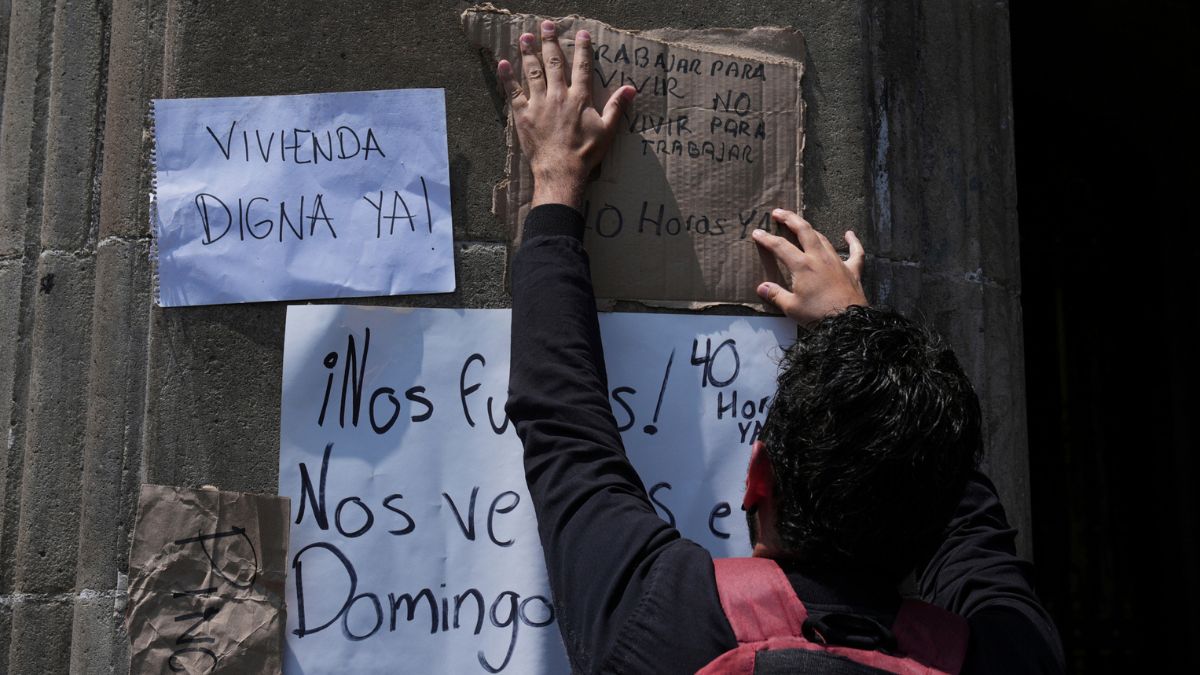The administration in Mexico City has announced a 14-point plan to tackle gentrification, which has skyrocketed the prices of housing for urban dwellers. The move came after the city was rocked by violent protests earlier this month against mass tourism and an increase in foreigners, often called “digital nomads,” who live temporarily in the country’s capital.
What fueled the protests?
Demonstrators took to the streets of Mexico City to raise their voices against the government’s efforts to attract digital nomads who take residency in houses once occupied by locals, who were pushed out of their accommodation due to high prices.
Hundreds of people marched in neighbourhoods popular with tourists, but the demonstration turned violent when a small number of people began smashing storefronts and harassing foreigners.
Mexican President Claudia Sheinbaum, on the other hand, said that the protests were fueled by xenophobia. “The xenophobic displays seen at that protest have to be condemned. No one should be able to say ‘any nationality get out of our country’ even over a legitimate problem like gentrification,” she said.
Many Mexicans have complained about being priced out of their neighbourhoods — in part because of a move made by Sheinbaum in 2022, when she was the Mexico City mayor and signed an agreement with Airbnb and UNESCO to boost tourism and attract digital nomads despite concern over the impact short-term rentals could have.
What has the govt promised?
After weeks of fierce protests, Mexico City Mayor Clara Brugada said that officials will chart out a plan to control rent prices, strike a balance between the rights and obligations of landlords and tenants and ensure that locals are not displaced.
“The issue of gentrification is one of the most important issues in the city today, but it is not new either. It is not only an issue for the city, but also for the entire world, and it means the displacement of thousands of families,” Brugada said.
Impact Shorts
More ShortsBrugada said on Wednesday that an “objective and rigorous methodology” will be developed to regulate temporary housing rentals, aiming to prevent resident displacement and avoid “the loss of the community’s roots and identity.”
)